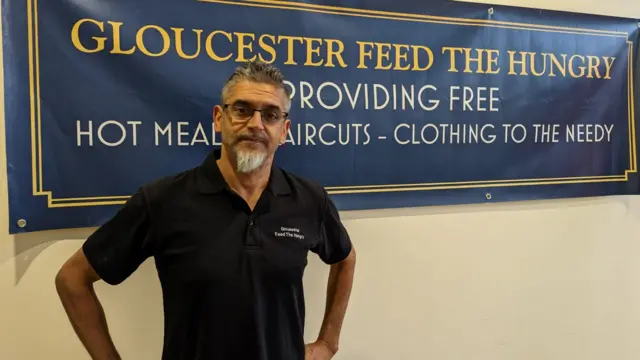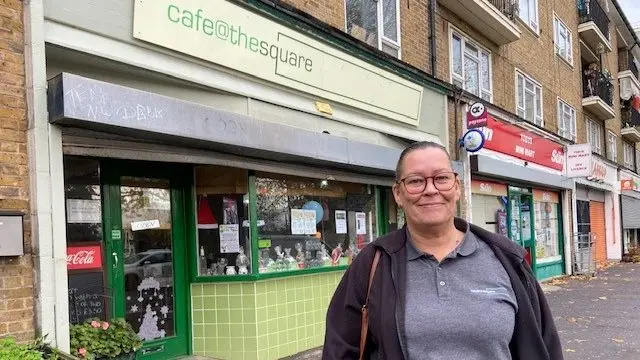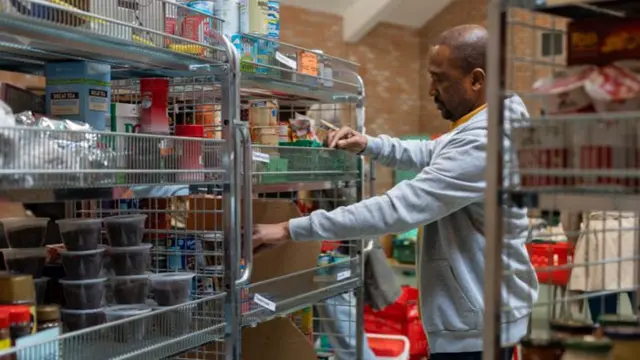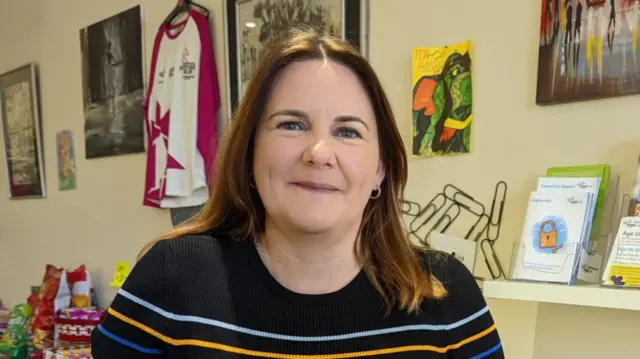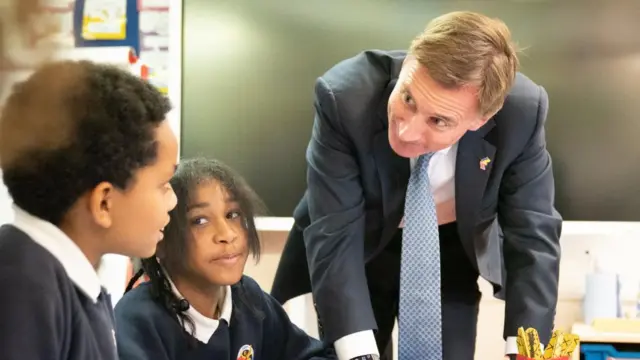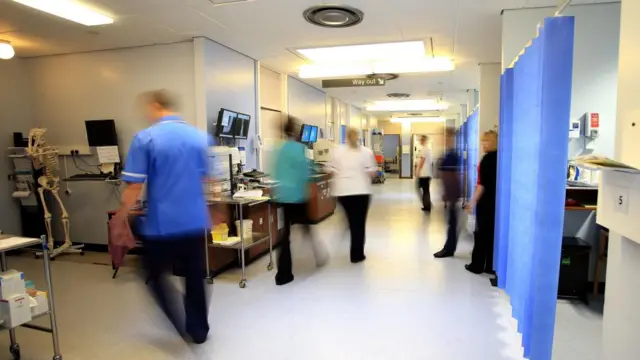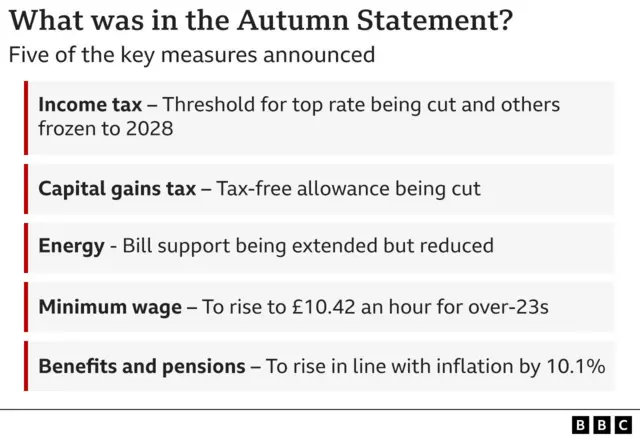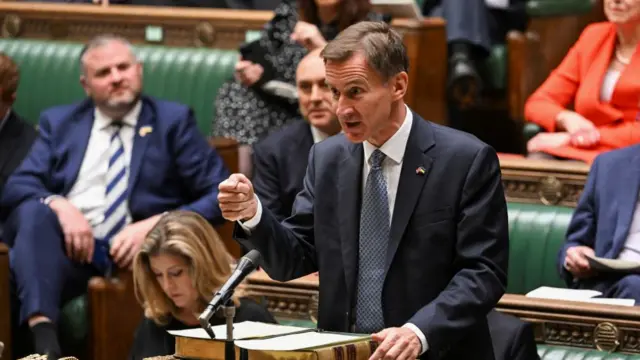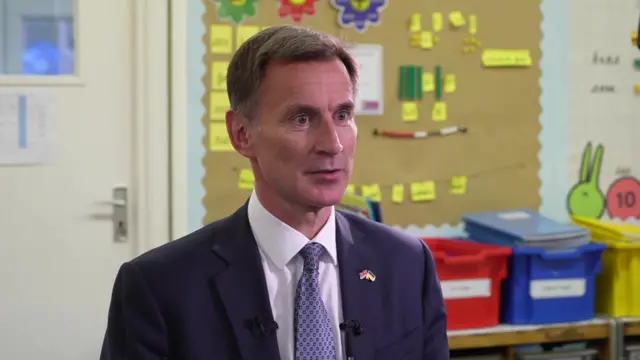What will happen to fuel duty?published at 19:30 GMT 17 November 2022
Katy Austin
Transport correspondent
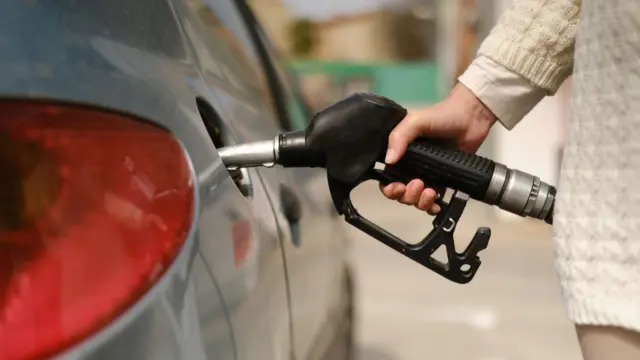 Image source, Getty Images
Image source, Getty ImagesIn theory, fuel duty should go up every year - but it's been frozen since 2011.
In March this year, however, then-Chancellor Rishi Sunak cut fuel duty on petrol and diesel by 5p per litre, from about 58p to 53p. That cut was temporary and is due to end next March.
It was introduced after a period of sustained price rises at the pump. Prices did then come down a bit - only to shoot up to record highs in the summer before easing a bit more recently.
Data from Experian says petrol now costs on average 163.99p a litre, a few pennies below the level it was at the Spring Statement. Diesel is at 188.42p, about 8p higher than in March.
Today, the Office for Budget Responsibility (OBR) said in its latest forecast that it was expecting a 23% increase in the fuel duty rate next year, adding 12p to petrol and diesel prices - and bringing in about £5.7bn in extra taxes.
However, this is does not mean government policy has changed.
That OBR projection assumes the temporary cut will end, and a rise will go ahead. But there is still plenty of time for the government to freeze fuel duty again - if it chooses to.
The Treasury said a final decision will be made at the Budget in the spring.
